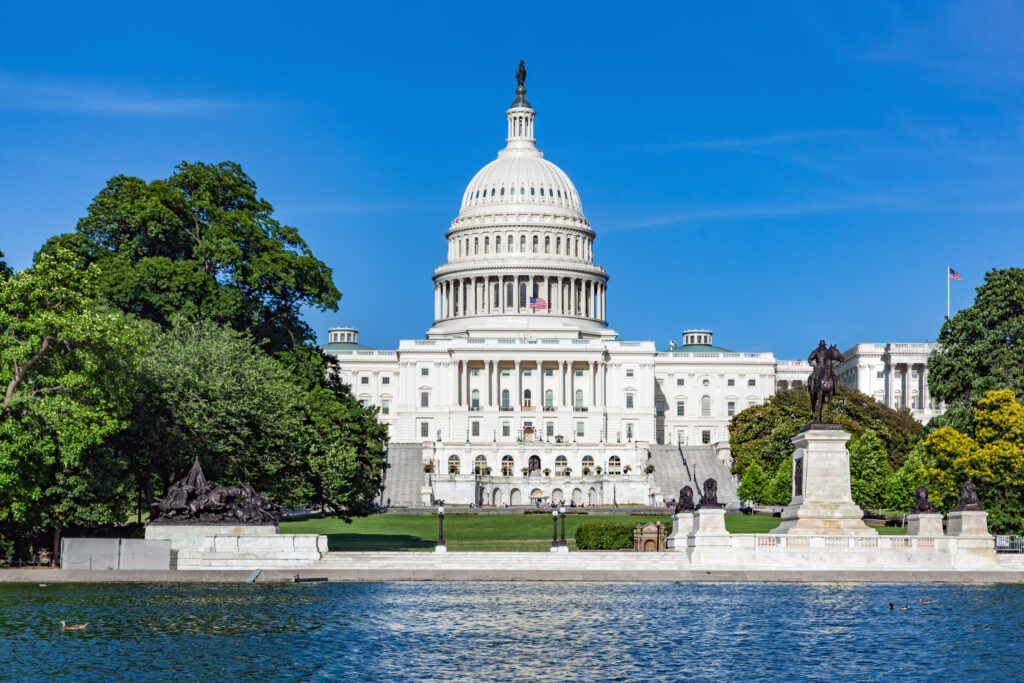January 2024 marked a significant change for the application of the Two-Midnight Rule for Medicare Advantage (MA) plans, when the Centers for Medicare & Medicaid Services (CMS) codified in 42 CFR 422.101 that MA plans must follow all provisions of the Rule.
As many of us know, the MA plans, even now in 2025, continue to have difficulty counting midnights and recognizing when hospital care is medically necessary. Hospitals therefore expend significant effort attempting to justify inpatient admission with the MA plans, arranging peer-to-peer phone calls and filing detailed formal appeals in order to get inpatient admission approved, resulting in an appropriate payment.
It was probably only a matter of time until one of the payers figured out a way around the regulation, and that payer is Aetna. In an OfficeLink Update, Aetna has provided notice that effective Nov. 15, 2025, they will start approving all inpatient admissions that encompass at least one midnight.
Now, don’t celebrate just yet.
Because what Aetna will do next for those inpatient admissions is run the MCG© criteria on the case. If the case meets MCG© inpatient criteria, they will pay the hospital at their contracted inpatient rate.
But, if the case does not meet the MCG© inpatient criteria, they will continue to allow inpatient admission, but will only pay the hospital at “a lower level of severity rate,” comparable to the hospital’s contracted rate for observation services. This is in stark contrast to the current process, wherein an admission that does not meet the MCG© inpatient criteria is either denied, with the hospital able to appeal or engage in a peer-to-peer discussion, or the case will be referred to a payer medical director for review.
This policy change is catastrophic.
There will be no denial, nor will there be an opportunity for a peer-to-peer discussion; there will simply be a payment made to the facility that will be indicated as payment in full on the hospital’s 835. As a result, the difference between the payment and billed amount will be seen by the billing system as a “contractual adjustment,” and simply posted just as a contracted full inpatient admission.
Every hospital needs to act now to object to this payment policy change. The clear intent of requiring MA plans to follow the Two-Midnight Rule is to ensure that hospitals are adequately reimbursed for the care they provide and setting a significantly lower rate for payment of an inpatient admission that does not meet commercial criteria is a perversion of that policy.
Hospital executives who handle interface with payers, both finance and legal, need to be made aware of this dramatic policy change and address it as appropriate with the payer. Billing software should be adjusted to not simply make the payment adjustment, but instead flag that claim payment for manual review and action. Comments should also be submitted to CMS at part_c_part_d_audit@cms.hhs.gov with hopes that they will address this in an official manner, if even just communicating to the plans that this is not acceptable.
Hospitals continue to be faced with significant financial challenges from many sides, with a growing number of hospitals at risk of closure or contemplating reducing services. Attempts to circumvent rational regulations by payers should not be tolerated. Action by every hospital is warranted in response to this new policy.













